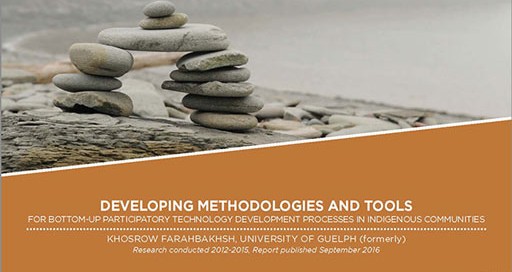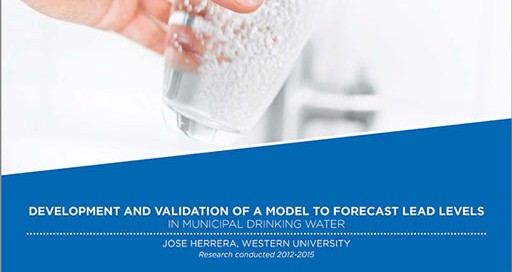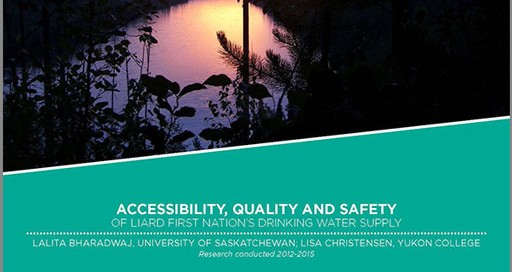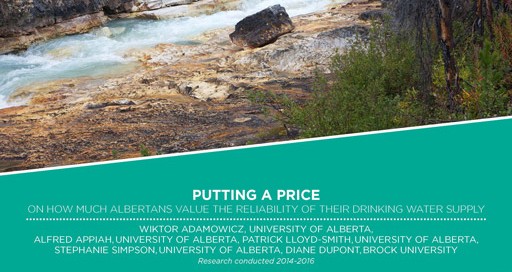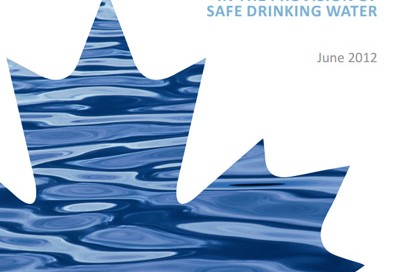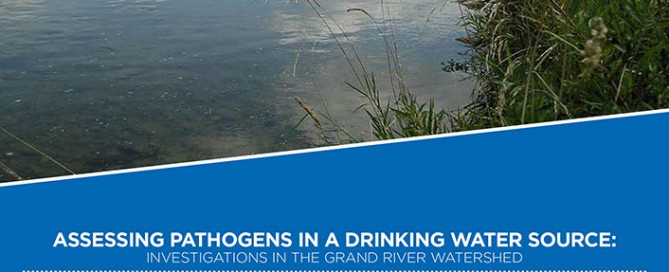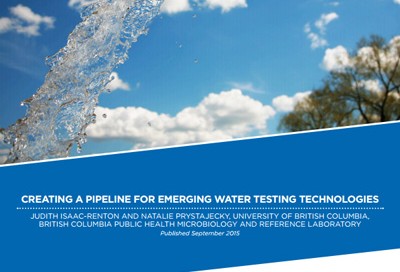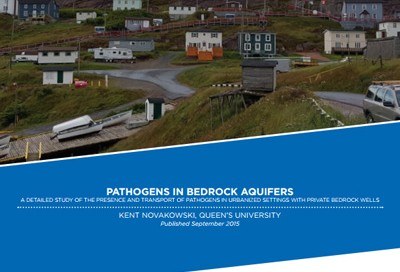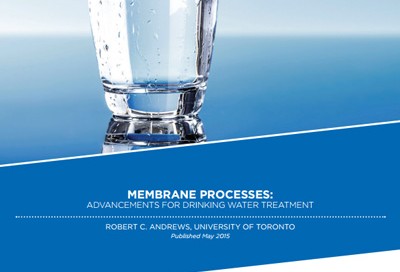Water Management Trends in Canadian Municipalities: A Snapshot
The municipal water sector has seen a number of changes over the past five years. This snapshot presents highlights of a detailed 2019 water sector report completed for the Federation of Canadian Municipalities Green Municipal Fund on current water management trends, issues and best practices. The information generated will be used to inform FCM's Green [...]



